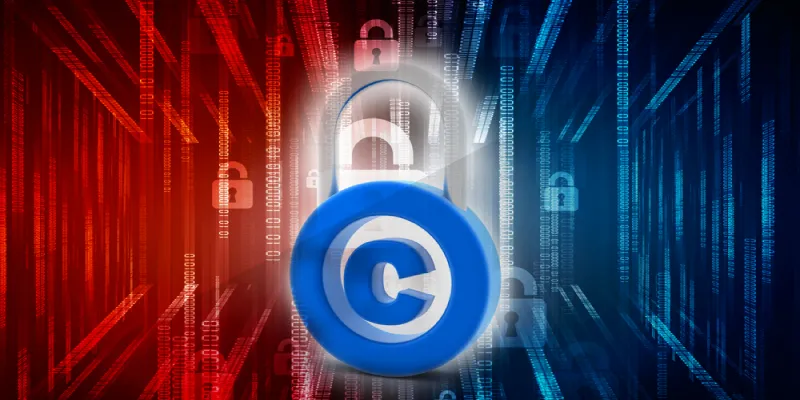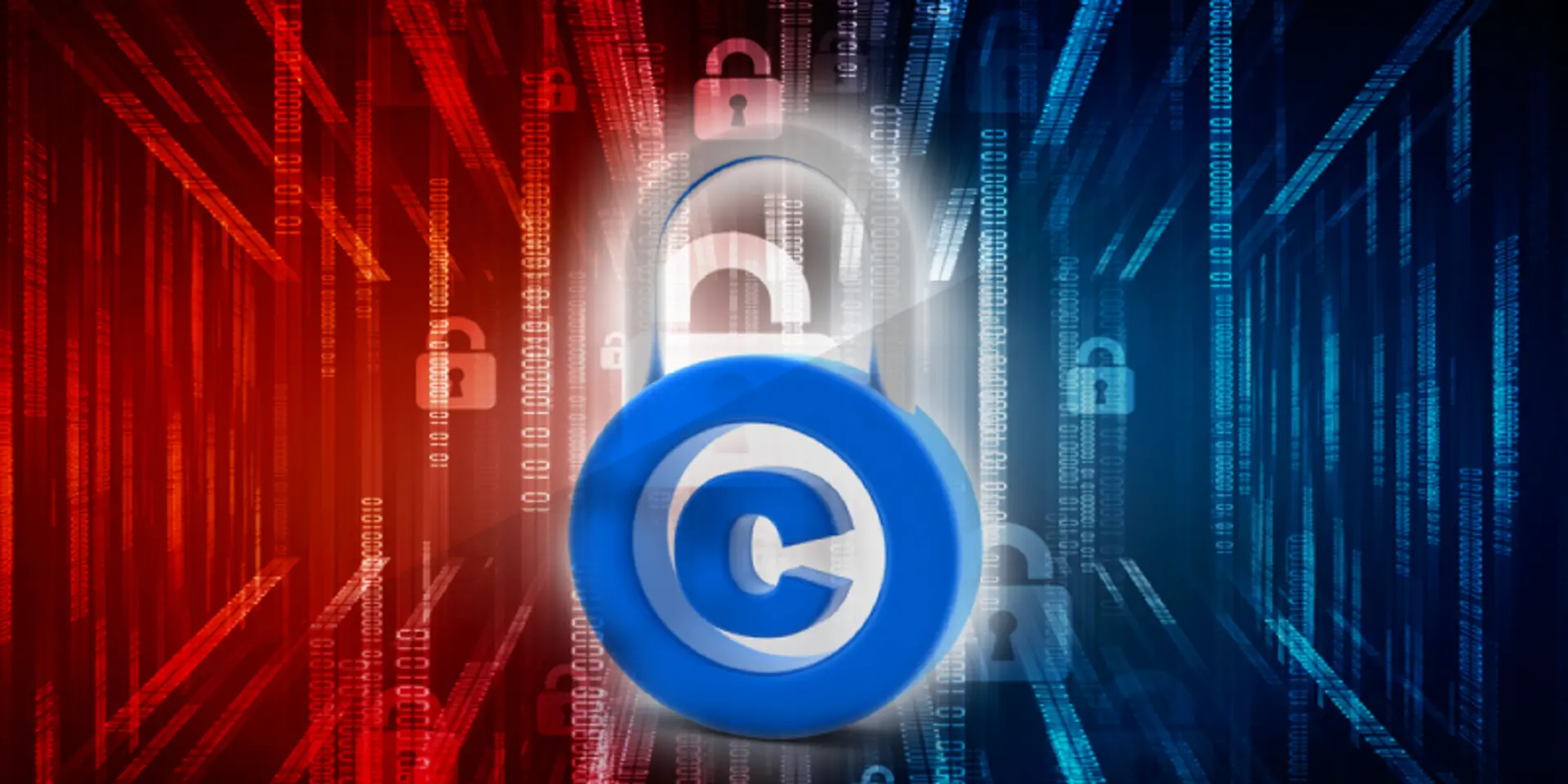Lack of awareness about IP laws a worry for startup ecosystem
Intellectual Property (IP) law and its protection has never been India’s forte, and this has often come back to haunt its work around innovation. Especially worrisome have been the recent Intellectual Property (patent, copyrights, design rights) infringements by Chinese firms. So when Reverie Language Technologies won a favourable verdict at the Delhi High Court recently, it was a victory for Indian intellectual property protection as well.
The high court has said that till the next date of hearing, the defendant (a Chinese tech firm), has been restrained from infringing Reverie’s Font Library software, much to the relief of the Indian company, Reverie. At this ex-parte stage, only an injunction restraining the defendant from using the software in which the plaintiff (Reverie) has a copyright, from infringing the software can be granted, the court said.

Reverie's mission is to empower Indian languages online. Most of India’s internet is in English, despite the fact that 90 percent of India’s population does not speak the language. The company seeks to address this and democratise the Indian internet.Reverie’s counsel had contended that a commissioner be appointed to seize one sample each of all feature phones being manufactured by the defendant. The court has allowed for such an appointment.
The court has directed advocates Anirudh Bakhru and Gaurav Shankar to be appointed as court commissioners to visit the premises of the Chinese player to check for any violation. The defendants are directed to co-operate with the execution of the commission and allow the court commissioners access to all their stocks/goods, according to the interim injunction of the Delhi High Court.
Not enough awareness about IP laws
Intellectual property protection is offered by various laws. The Copyright Act, 1957, protects original works including artistic, literary works, as well as software. The Patents Act, 1970, protects inventions, particularly scientific inventions. The Trademarks Act, 1999, protects brands, trade names, logos, colour combinations, and other source identifiers. The Designs Act, 2000, protects aesthetic elements of industrial design. The Geographical Indications Act and Semiconductors Act also offer some IP protection. Apart from this, confidential information and trade secrets are protected under common law.
Reverie’s legal counsel Swathi Sukumar, who practices IP Rights & Protection Law in Delhi, told YourStory that while the country’s IP laws are quite robust, awareness about the same has not been sufficient.
Startups need to look at IP, not as a matter of compliance alone, but as a matter of creation of an asset, she says. Employing an in-house lawyer is a great idea for startups that are growing rapidly, because what is most needed is legal advice that takes into account the goals, strategies, and limitations of the business of the company. An in-house lawyer can perform this critical function, and it is worthwhile for a company to devote resources to fill this role, she feels.
Protection of Intellectual Laws
Precautionary measures are the most important step to preventing IP abuse. Before entering into any business relationship, it is good to have all documentation reviewed by a lawyer. Lawyers are natural pessimists, says Swathi, and they assume that the worst outcome will follow and prepare accordingly, so is often vital to have them on board before taking important business decisions.
According to Swathi, there are civil and criminal steps that can be taken to prevent abuse. Civil action involves filing a suit, seeking an injunction (restraint order) and damages. Criminal action is used sparingly, in egregious cases such as counterfeiting of products.
Weak enforcement of IP Laws
India has adequate copyright laws, but enforcement has been weak and piracy of copyrighted materials is widespread. Neeraj Gupta, founder at patent consulting firm FormulateIP, says the interpretation and application of the patent law lacks clarity, especially with regard to several important areas such as compulsory licenses, pre-grant opposition provisions, and the scope of patentable inventions.
In February 2016, revised Computer Related Invention Guidelines for examination of patent applications were released, which requires patentable software to be applied to a novel hardware, restricting the patentability of software in India, he says. There is a lot of confusion in computer and software-related inventions in India as far as the Indian Patent Act is concerned. According to Neeraj, several software firms are not able to protect their IPs in form of patents and hence not able to claim Patent Rights in India.
India has a weak IPR enforcement that fails to provide relief against imitators and companies infringing IPRs, thereby acting as a major barrier to trade and investment in R&D, says Neeraj of FormulateIP. “It becomes difficult to chase Chinese companies and enforce IP rights, thereby giving several Chinese firms an opportunity to openly imitate IPs of other firms,” he adds.
IP protection a costly affair for startups
IP protection can be very costly and startups fail to adequately create a strong IP/Patent portfolio. In order to create a strong IP portfolio, startups will have to spend a lot of money and that can be a challenge. “I have recently observed that several VC/Angel funds have started funding startups for creating strong IP portfolio, which is a good sign. Further, litigation can be very expensive. The government should also create specific funds/grants that can help startups fight litigations against firms that infringe on IP laws,” says Neeraj.
There are several state and central government schemes that provide grants towards filing patents. Further, VC funds and angel investors have to start supporting IP-based startups and fund those startups specifically to create strong IP portfolio. IP sensitisation programmes should be conducted for entrepreneurs and inventors, adds Neeraj.
Hence, it is clear that while India has the necessary IP protection laws in place, awareness about them is minimal and litigations can be expensive especially for startups. In this backdrop, the favourable injunction granted to Reverie, led by CEO Arvind Pani, can act as a catalyst for others to fight their IP battles in future.



